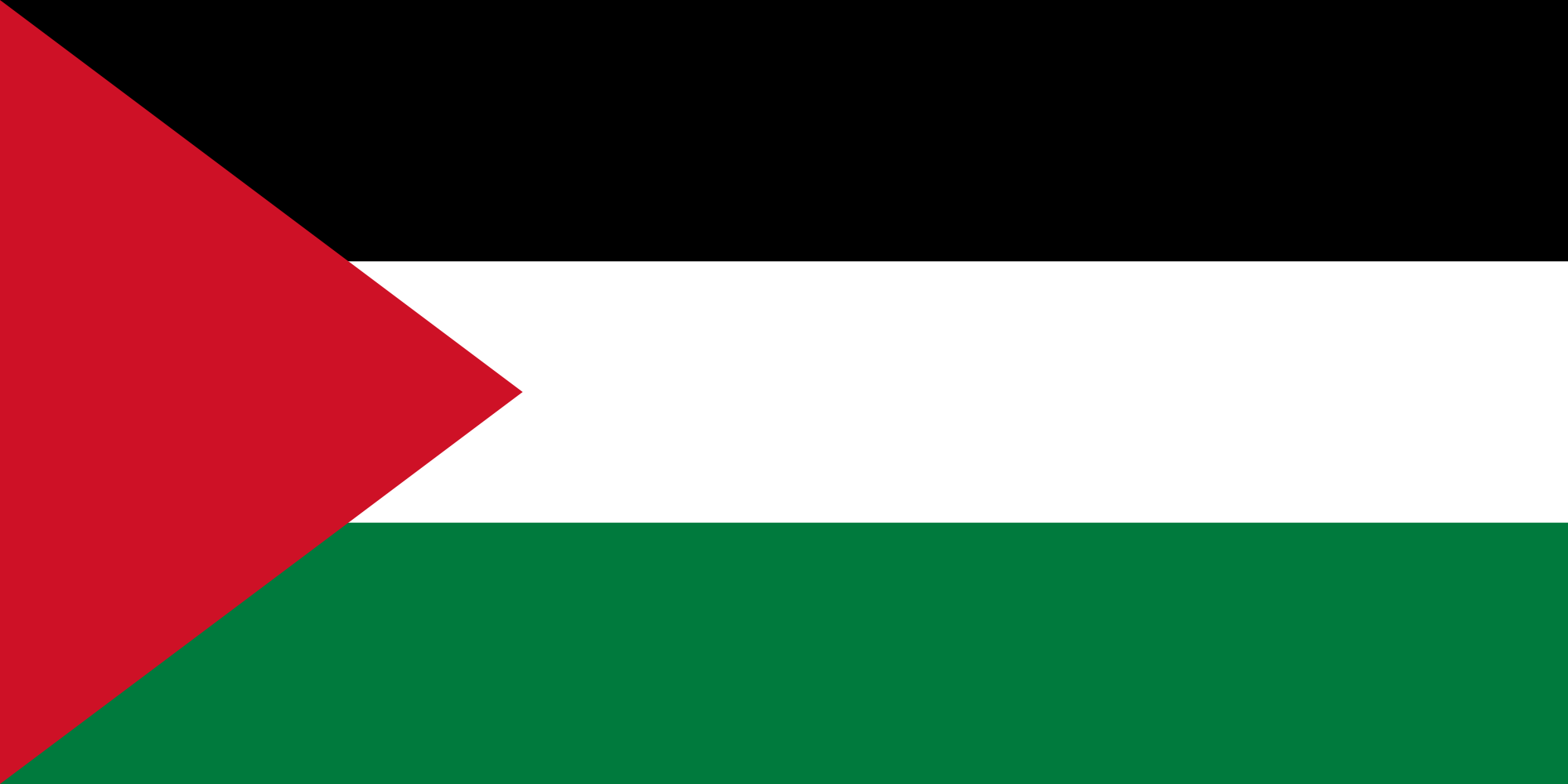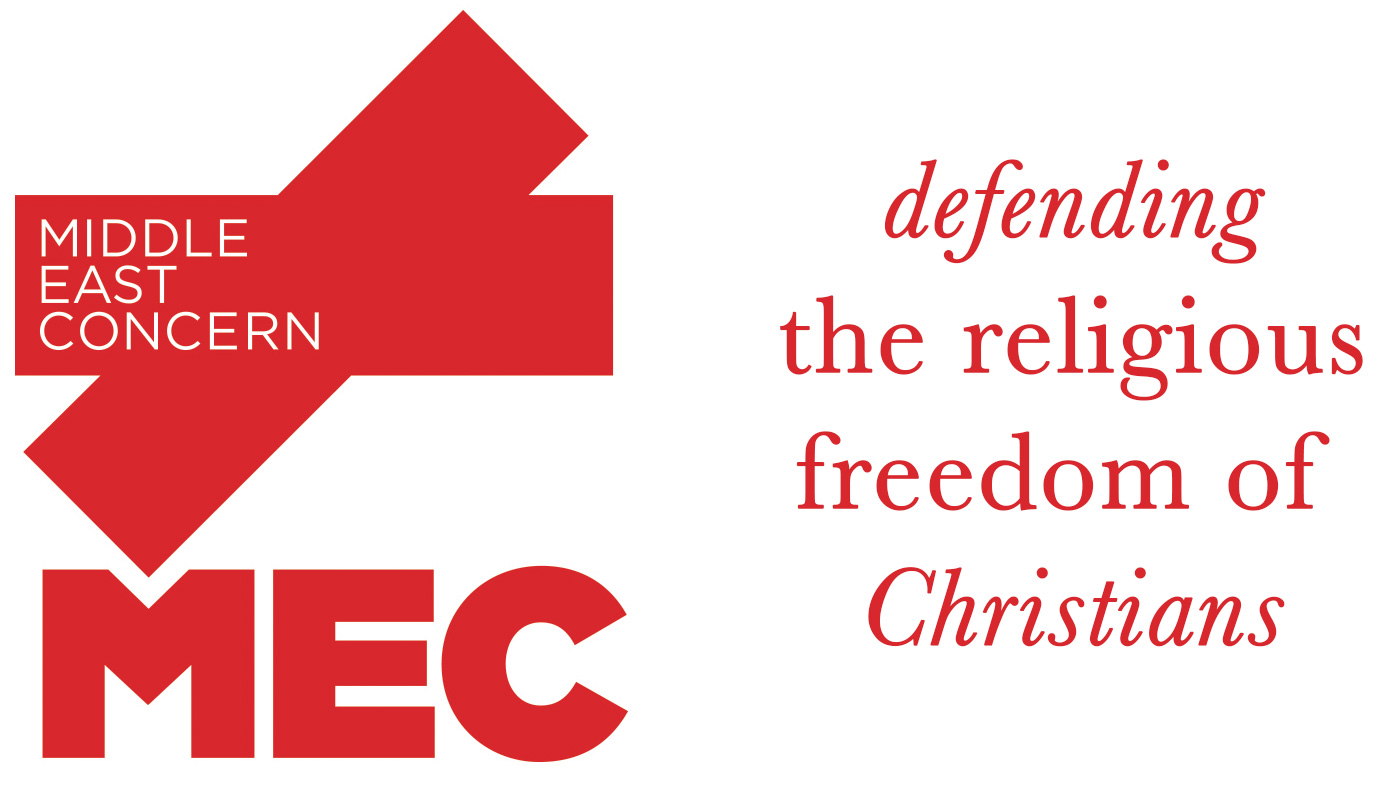
For disputed territories, MEC uses United Nations terminology. UN Resolution 67/19 of 29th November 2012 granted “non-member observer State status” of the UN to Palestine. The population of Palestine is estimated at more than five million (around three million in the West Bank and two million in the Gaza Strip).
The population is predominantly Sunni Muslim; the Christian communities are now estimated at one per cent (in 1967 the estimate was 12 per cent). According to 19th-century status quo arrangements reached with Ottoman authorities, the presence and rights of the Eastern (Greek) Orthodox, Latin-rite Catholic, Armenian Apostolic, Syriac Catholic, Coptic Orthodox, Ethiopian Orthodox, Melkite Greek Catholic, Maronite, Syriac Orthodox, and Armenian Catholic Churches are recognised. Under subsequent agreements with the Palestinian Authorities, the rights of the Episcopal (Anglican) Church, Evangelical Lutheran Church, and the Council of Local Evangelical Churches (a coalition of evangelical Protestant Churches present in the West Bank and Gaza) are also recognised. The Christian communities are predominantly in the West Bank; there are three churches in Gaza: Greek Orthodox, Roman Catholic, and Baptist. Many properties in Gaza belonging to the Christian community have been damaged during military action subsequent to the October 7, 2023, terror attack by Hamas on Israel.
The Basic Law establishes Islam as the State religion and Islamic law as the main source of legislation. It upholds the principle of non-discrimination, including on religious grounds. Freedom of belief and the performance of religious rites is protected, except where such practices are contrary to public order or morality. Recognised non-Muslim communities are given freedom to govern most personal status issues according to their own rites through a religious tribunal system. The Palestinian Authorities consistently and publicly affirm the importance of the continued Christian presence in Palestine. Under applicable Islamic law, Muslims are effectively prohibited from changing their religion, and women registered as Muslim are not permitted to marry non-Muslims. In 2014 the Palestinian Authority began omitting religious affiliation on newly issued identification documents, a move which reduced some of the societal discrimination faced by Christians, especially those from Muslim backgrounds.
Palestine acceded to the International Covenant on Civil and Political Rights (ICCPR) on 2 April 2014. The ICCPR upholds the right to freedom of religion, including the right to hold a religion of one’s choice and the right to manifest that religion (Article 18). It also upholds the rights of minorities and the principle of non-discrimination. Palestine’s accession to the ICCPR was made without reservation.
Some of the challenges facing Christians in Palestine vary by area according to the governing authorities. In recent years, Christian communities in the West Bank have generally enjoyed good standing in society and a significantly greater degree of religious freedom than Christian communities in the Gaza Strip which has been governed by the more Islamist Hamas party. There is guaranteed representation of Christians in the Legislative Council (though the Council has not met since 2007), and the mayors of Bethlehem and Ramallah must by decree be Christians. Some restrictions apply to recognised Christian communities, especially to activities that could be construed as proselytism There is strong family and societal pressure against those who choose to leave Islam, and in extreme cases they can face violent responses from family members. Various pressures arising from the political situation with Israel, including the violent actions of Israeli settlers in the West Bank, lack of employment opportunities and mounting insecurities following the October 7 attack and ongoing military action in Gaza are leading many Palestinians, including Christians, to consider emigrating. The impact of emigration on the future of the Christian community in Palestine is a cause for concern.
